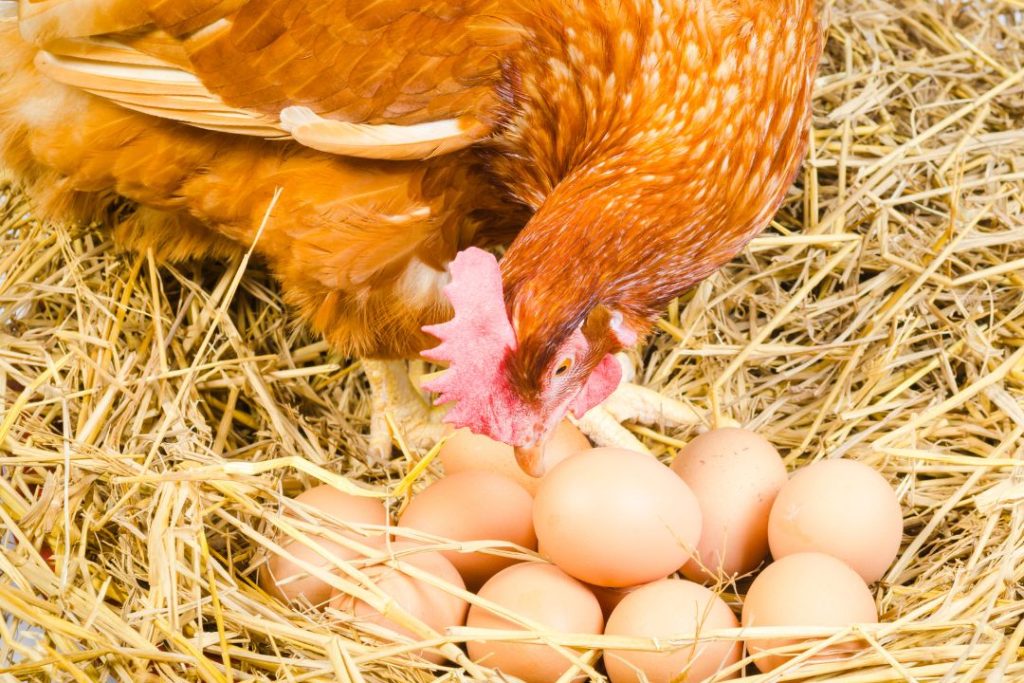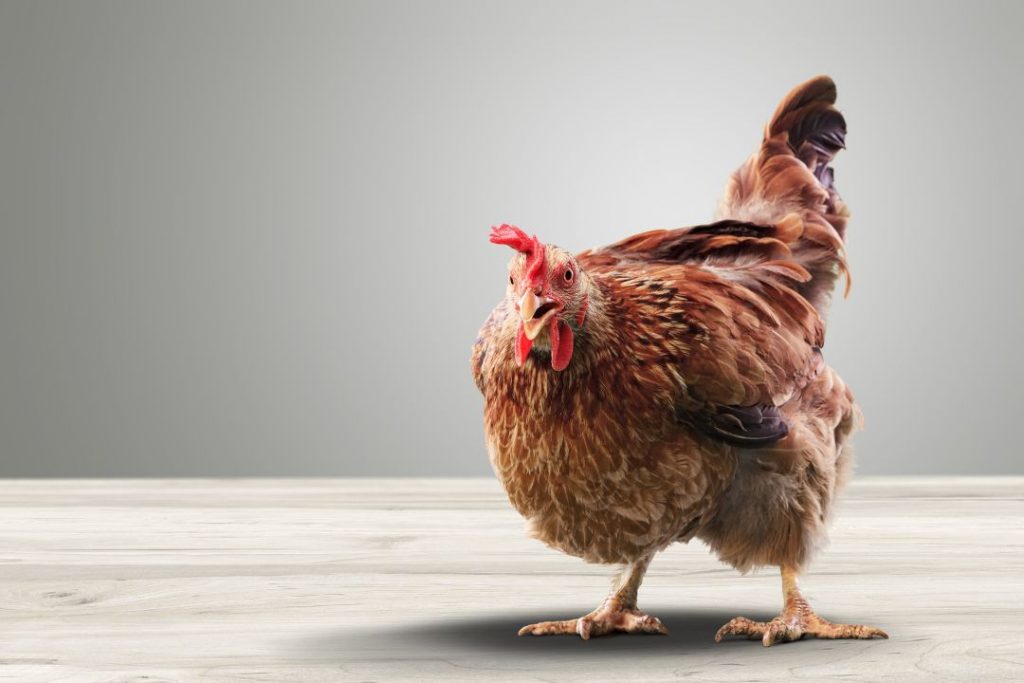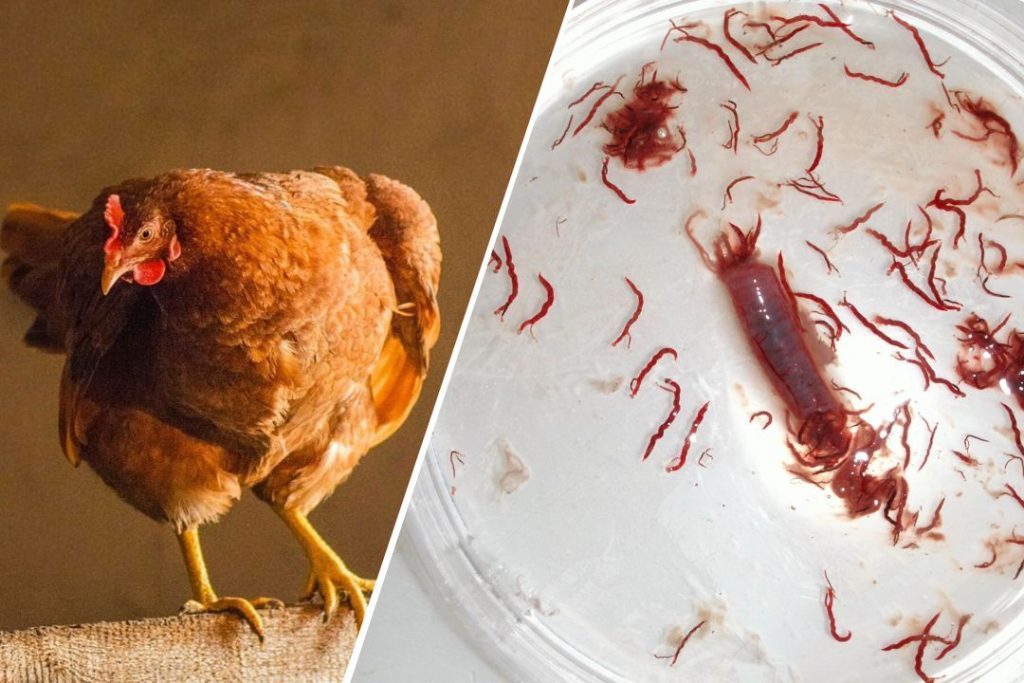“Can You Get E. Coli from Chicken Eggs?” – a question that might seem unusual but holds significant importance in our daily lives. In a world where we constantly seek fresh and wholesome ingredients, the safety of something as common as a chicken egg can be easily overlooked.
But could your morning omelet harbor a hidden danger? The unsettling truth is that E. Coli is a bacteria often associated with more sinister sources.
It can indeed find its way into chicken eggs. While rare, this possibility opens up a whole new dimension of food safety that we must explore.
Join us as we crack open this intriguing subject, shedding light on the unexpected connection between chicken eggs and E. Coli and what it means for your next meal.
What Is E. Coli?
E. coli is a bacteria. It is available in both human and animal guts. This bacterium’s numerous strains are available, most of which are harmless. However, certain strains can cause serious foodborne diseases.
Food contamination often occurs with these harmful strains. Various foods, from raw vegetables to undercooked meats, can harbor these bacteria. Eggs, too, can fall prey to such contamination.
E. coli’s presence in our intestines is usually benign. It aids in healthy digestion and nutrient absorption. Yet, the harmful strains pose a significant health risk.
What E. Coli’s Connection to Food?
Foodborne E. coli infections are a worldwide public health issue. The symptoms might range from mild stomach discomfort to severe diarrhea. In some cases, E. Coli illnesses can be fatal. Dangerous E. coli strains are regularly eaten through contaminated food.
Raw vegetables can carry these bacteria if washed or irrigated with contaminated water. Similarly, undercooked or raw meats can harbor E. coli if the animal is infected.
Eggs are another potential carrier of these harmful bacteria. Contamination can occur in two ways. Those are:
- If your laying hen has E. coli in her intestines, the bacterium can be transferred to the egg.
- Second, the eggshell might become contaminated with excrement when the egg is laid.
However, to learn more about E. Coli, see this video.
Can You Get E. Coli From Chicken Eggs?
At first look, the question “Can You Get E. Coli from Chicken Eggs?” may appear far-fetched. Yet it raises a fascinating issue of food safety that merits our consideration. In many kitchens, eggs are a favorite ingredient.
As a result, the chance of E. Coli contamination exists, albeit infrequently. The link between E. Coli and chicken eggs is complicated. It is anchored in the entire ecology around egg production, processing, and consumption.
Chickens might become carriers of E. Coli if they consume contaminated feed or live in unsanitary conditions.
How Do Eggs Get Contaminated?
Eggs can become contaminated with E. coli in two primary ways. The first is through the hen itself. The second way of contamination are several factors.
Several factors contribute to the potential E. coli contamination of eggs. These include:
- The laying hen
- The environment
- Handling and processing stages
- Kitchen hygiene
- Storage practices
- Cooking methods
Now understand the factors that contribute to egg contamination:
1. Environmental Factors in Egg Contamination
Your hen’s living environment can also contribute to egg contamination. If your hen’s surroundings are contaminated with feces carrying E. coli, the eggs can get contaminated after being laid.
This external contamination is another significant factor in the spread of E. coli through eggs.
2. Handling and Processing: A Potential Source of Contamination
The handling and processing stages of eggs present another opportunity for contamination.
If the handlers do not maintain proper hygiene or the processing equipment is not clean, the eggs can become contaminated with E. coli. Thus, strict hygiene practices are crucial during these stages.
3. The Risk of Cross-Contamination in the Kitchen
Even after purchasing, eggs can become contaminated if they come into contact with other contaminated kitchen items. For instance, using raw meat and eggs cutting board can lead to cross-contamination. Therefore, you must maintain kitchen hygiene to prevent the spread of E. coli.
How To Reduce The Risk?
The good news is that you can lower your risk of E. coli infection from eggs by taking simple precautions. These include:
- Choosing Pasteurized Eggs: Pasteurization is a process that kills bacteria without cooking the egg. At the grocery store, look for pasteurized eggs, particularly if you like lightly cooked eggs.
- Cooking Eggs Thoroughly: Cooking eggs until the yolk and white are firm can kill bacteria, including E. coli.
- Practicing Good Hygiene: Always wash your utensils, hands, and cooking surfaces with soapy and hot water before and after handling eggs.
Storage Practices to Prevent Contamination
Proper storage of eggs can help prevent E. coli contamination. You should store eggs in a clean, cool place. And consume them before their expiry date. Improperly stored or old eggs have a higher risk of contamination.
Cooking Eggs Thoroughly to Kill E. Coli
Thoroughly cooking the eggs is a perfect way to kill E. coli bacteria. E. coli cannot survive at high temperatures. So we recommend you cook eggs until the yolk and white are firm can effectively eliminate the bacteria, reducing the risk of infection.
Final Thought
Your question, “Can you get E. coli from chicken eggs?” is valid. E. coli contracting risk from chicken eggs is relatively low. But pay attention to its potential dangers and accordingly follow the preventative measures.
Hopefully, you get valuable insights through this guide. Food safety is everyone’s responsibility, and your little knowledge can go a long way in keeping you and your loved ones safe.



